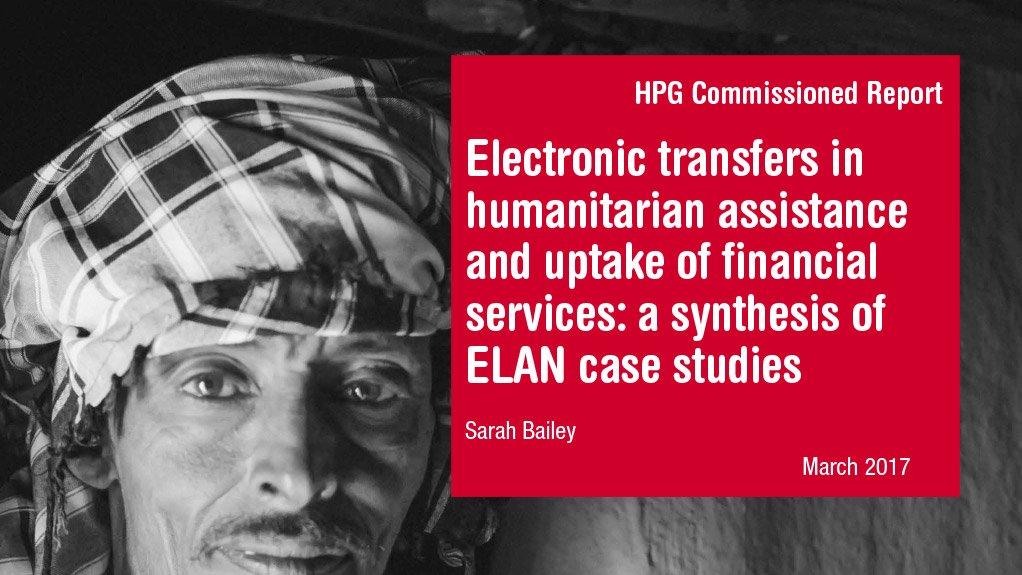- Electronic transfers in humanitarian assistance and uptake of financial services0.48 MB
The Electronic Cash Transfer Learning Action Network (ELAN) undertook case studies on humanitarian electronic transfer (‘e-transfer’) projects in Ethiopia, Zimbabwe and Bangladesh. The projects delivered examines the extent to which recipients:
- used digital financial services (e.g. money transfers, savings, credit, purchases) through mobile money;
- the factors that affected recipients’ uptake of these financial services; and
- considerations for future humanitarian programmes aiming to increase the use of digital financial services among recipients.
The case studies show that receiving humanitarian cash transfers through mobile money can increase the use of certain services but does not automatically lead to widespread or sustained uptake. People may prefer to continue using informal financial systems that are more familiar, accessible and profitable. The provision of humanitarian e-transfers, even when combined with training, is not sufficient to enable the vast majority of participants to conduct mobile money transactions independently.
Encouraging uptake of digital financial services requires resources. A disaster or crisis may not be the most suitable moment to invest in and oblige recipients to attend extensive training, and other delivery channels may be more appropriate. Humanitarian organisations that do not have relevant internal capacity may consider partnering with development organisations that do.
Report by the Overseas Development Institute
EMAIL THIS ARTICLE SAVE THIS ARTICLE ARTICLE ENQUIRY
To subscribe email subscriptions@creamermedia.co.za or click here
To advertise email advertising@creamermedia.co.za or click here











